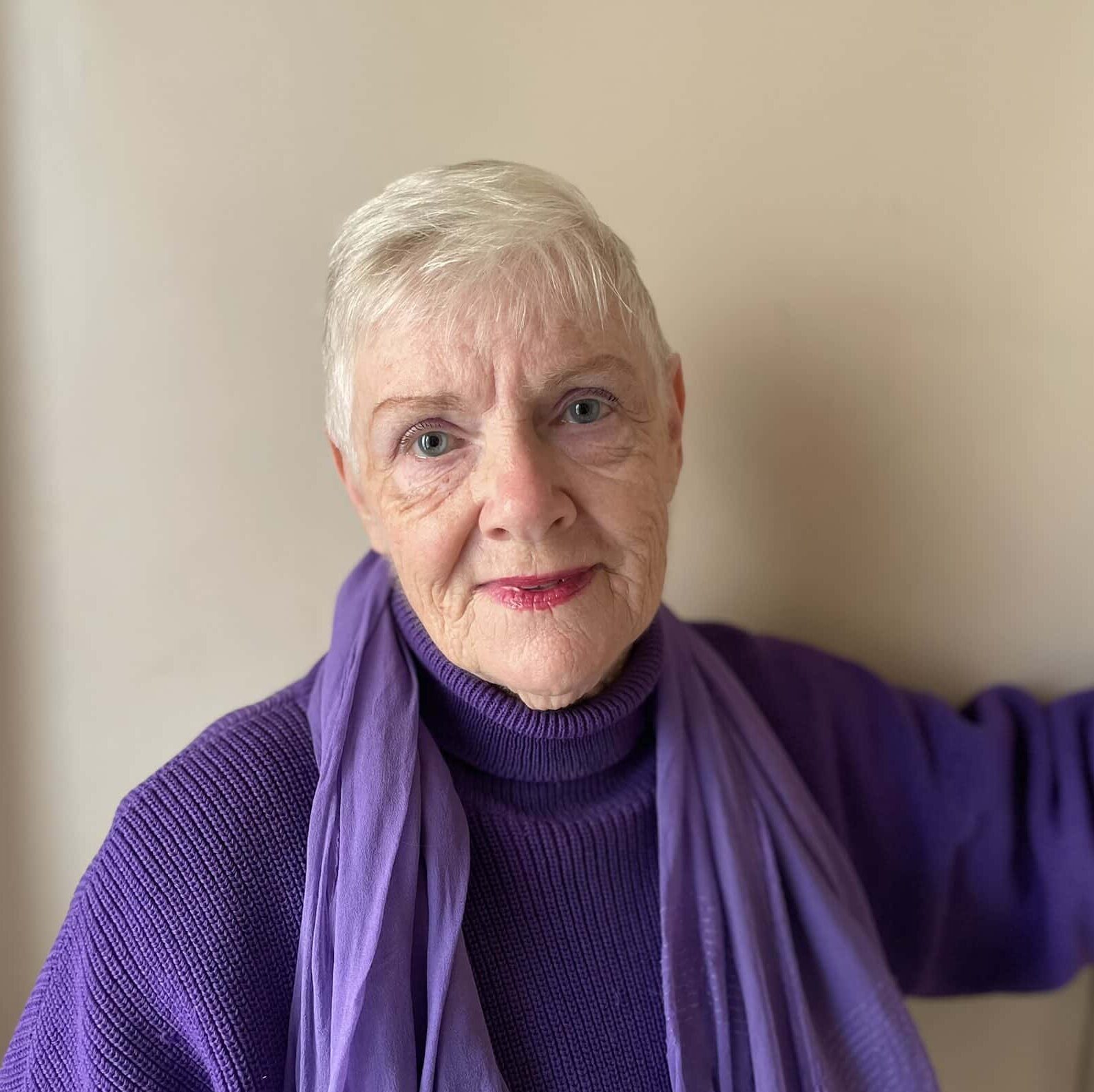THE WAY THINGS ARE
Parenting is a learning curve, teaching is a qualification. Praising a child’s efforts is often more productive than complaining about mistakes. Some highly-qualified teachers lack sensitivity or the personality required for dealing with youth. For others, it’s a secure pay cheque, meritocracy or attitude unchallenged. A knowing eye on a class can gauge individual problems, a disruptive nature, a shy child needing encouragement, an internalised anxiety requiring a kind ear.
A distressed former colleague told me her smart son was given a home project at a well-known private school. He enthusiastically set to work, producing five pages. His mother praised his diligence; he was confident of a good mark. Work corrected, his teacher held his up in front of the class, he anticipated praise. However, she sneered, ‘Have you ever seen sloppier handwriting?’
He came home deflated and bewildered, why, instead of seeing the work he had put in, did she ridicule him in front of his peers, impervious to the humiliating impact her words had on him? His mother gave her some sharp verbal lessons on how to treat a good student.
One of my son’s teachers kept complaining about his writing. Her obsessive concern oddly, was not about quality or correctness, rather untidy letters. Trying to make it neater frustrated and irritated him because it slowed down the mental speed at which he could work. How we write is part of our identity, how our brain hemispheres are wired. Left-handed children were once stigmatised and forced to use their right hand.
If an entire class fares badly, the fault lies with the teaching. Yet, it isn’t always the teachers at fault, I’ve known some great ones. But if a class is unmanageable with disruptive children given free rein because ‘connected’ parents mustn’t be approached with complaints, others lack language skills, some are disinterested or lazy, life for the most dedicated teacher can be challenging.
Education Minister Athena Michaelidou has announced a new approach pilot scheme tackling delinquency in early childhood; it’s a positive step. Together-Cyprus is teaching youth life now and for tomorrow lessons that seem based on progressive, common sense. I’ve witnessed small, educated-aware children influence parents in environment, animal/wildlife protection and conservation. Respect within the home use of diminishing water resources is a vital lesson. Because the young will bear the burden of the negative effects knowingly created by uncaring or irresponsible adult behaviour never brought to book.
In this rapidly altering world, public school class structures need periods allocated specifically to subjects teens in their final three years regard as relevant for future studies, with opt-out choice from those they deem unnecessary. Intelligence isn’t always quantifiable by the overall end of year mark, not everyone is good at the same thing set in one-size modules. Offloading irrelevant subjects will allow more choice-study time for those who may need the extra classes.
Shifting concentration is a growing problem teachers face. At a school event, I saw a child of around eight stride out, smart phone confidently held aloft gauging shots of the stage. Young concentration is likely damaged by the fast flow of short-memory items on their smart devices. No need to retain information, just go back over it. Speed is replacing the need for gradual, studied absorption cemented in the long-term memory, as cop-out, convenient AI help hovers.
Smart devices are brilliant but need parental supervision. Tech designed with age grades like those used to suitably grade movies would benefit parents, with the very young having only the bare essentials for necessary use and fun.
It’s not easy for the harried, working parent. When we’re tired, we turn on the cartoons, stick a smart thing in small hands to occupy them while we clean, cook, try to unwind. What if some natural or designed extended universal tech loss arises that isn’t an easy fix? The young need solid information in their heads, not disposably in their hands, and survival lessons on how to be self-sufficient on a heating planet, the effects of which can no longer be ignored but tackled off screen.







Click here to change your cookie preferences